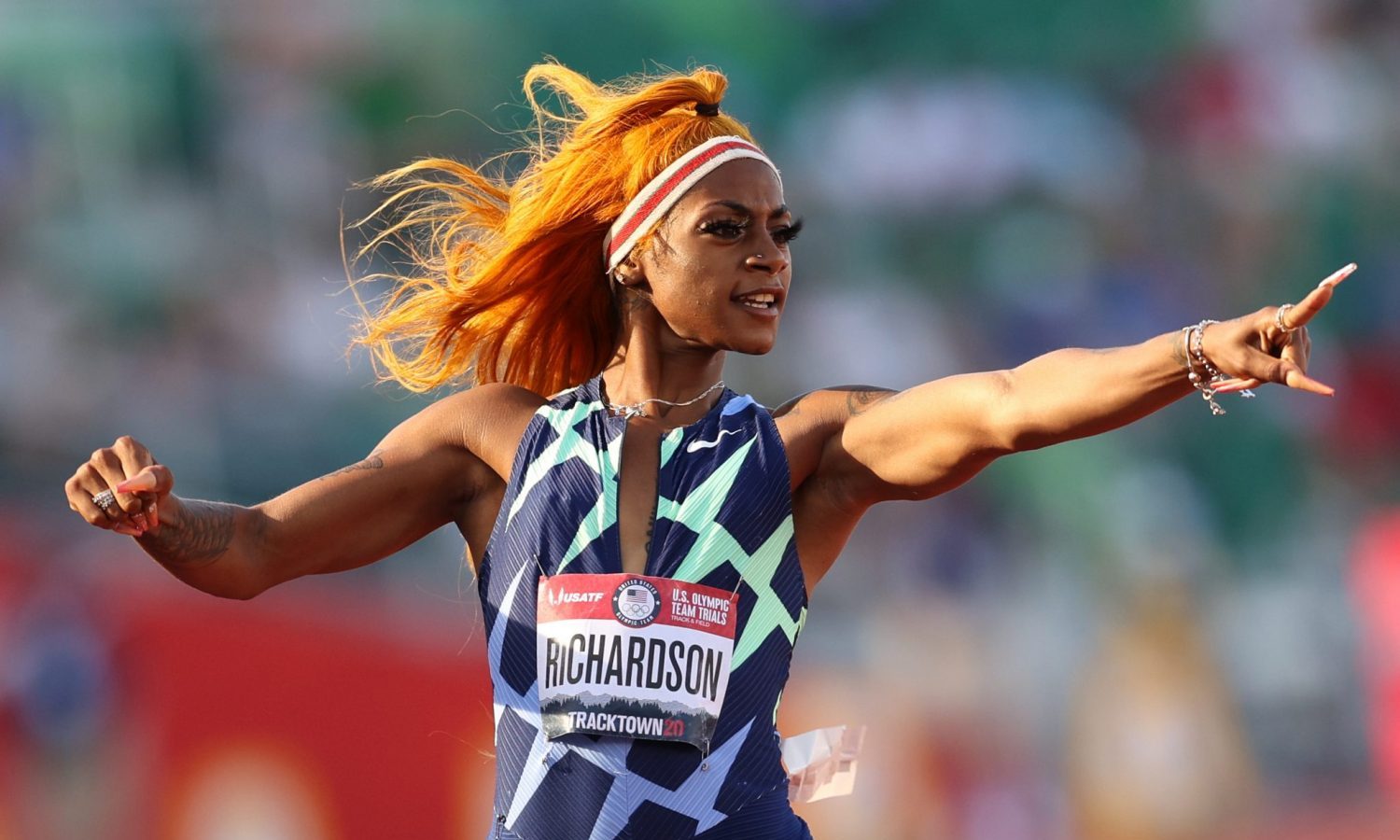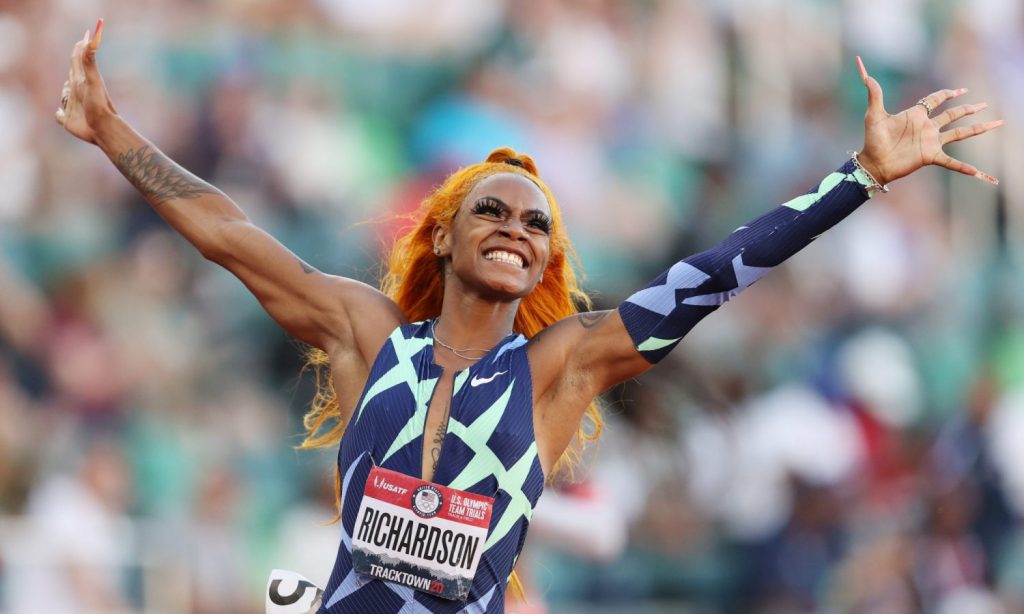
By Maureen Meehan
The World Anti-Doping Agency (WADA) announced Tuesday that it intends to review the status of cannabis on its banned substance list, following last summer’s exclusion of track star Sha’Carri Richardson from competing at the Tokyo Olympics after she tested positive for cannabis in her home state of Oregon, where marijuana is legal.
The scientific review will be conducted by a group that advises WADA in 2022.

RELATED: Olympics Begin, Blame Game Continues At Fed Commission Hearing Over Sha’Carri Richardson Suspension
“Following receipt of requests from a number of stakeholders, the (executive committee) endorsed the decision of the List Expert Advisory Group to initiate in 2022 a scientific review of the status of cannabis,” a WADA statement read. “Cannabis is currently prohibited in competition and will continue to be in 2022.”
Fastest Runner In The World
When Richardson tested positive for cannabis during the U.S. Olympic Track & Field Trials in June, she was given a one-month suspension that essentially wiped out her results – an extraordinary 10.86-second 100m dash – that had qualified her for a spot on the Olympic team.
Outcry Then And Now
The suspension sparked anger as well as an outpouring of support for Richardson among the cannabis industry and all sectors of society, including several members of Congress. Soon thereafter, rose a call for a review of cannabis’ status from numerous organizations, including the White House via the U.S. Office of National Drug Control Policy (ONDCP), which told Benzinga at the time that it would “ask WADA to gather additional information on its cannabis policies.”
Prior to the Tokyo Olympics in July, the White House was in pursuit of a meeting with WADA to discuss cannabis’ position as a banned substance, said the ONDCP press secretary.
A Little Science, Please
One of the justifications for the suspension of Richardson, 21 — that cannabis was potentially performance-enhancing — was roundly rejected by scientists.
RELATED: Sha’Carri Richardson: World Anti-Doping Agency Claims US Consistently Pushed For Cannabis Prohibition, Is Anyone Surprised?
“It is so ironic that now they are using that argument when in fact all these years there has been been very little scientific research done about the benefits of cannabis,” Dr. Peter Grinspoon, Harvard Medical School instructor and cannabis expert, told Benzinga at the time. “Cannabis research was essentially prohibited so no one really knows where the US Anti-Doping Agency came up with these standards. Cannabis meets none of them.”
This article originally appeared on Benzinga and has been reposted with permission.






